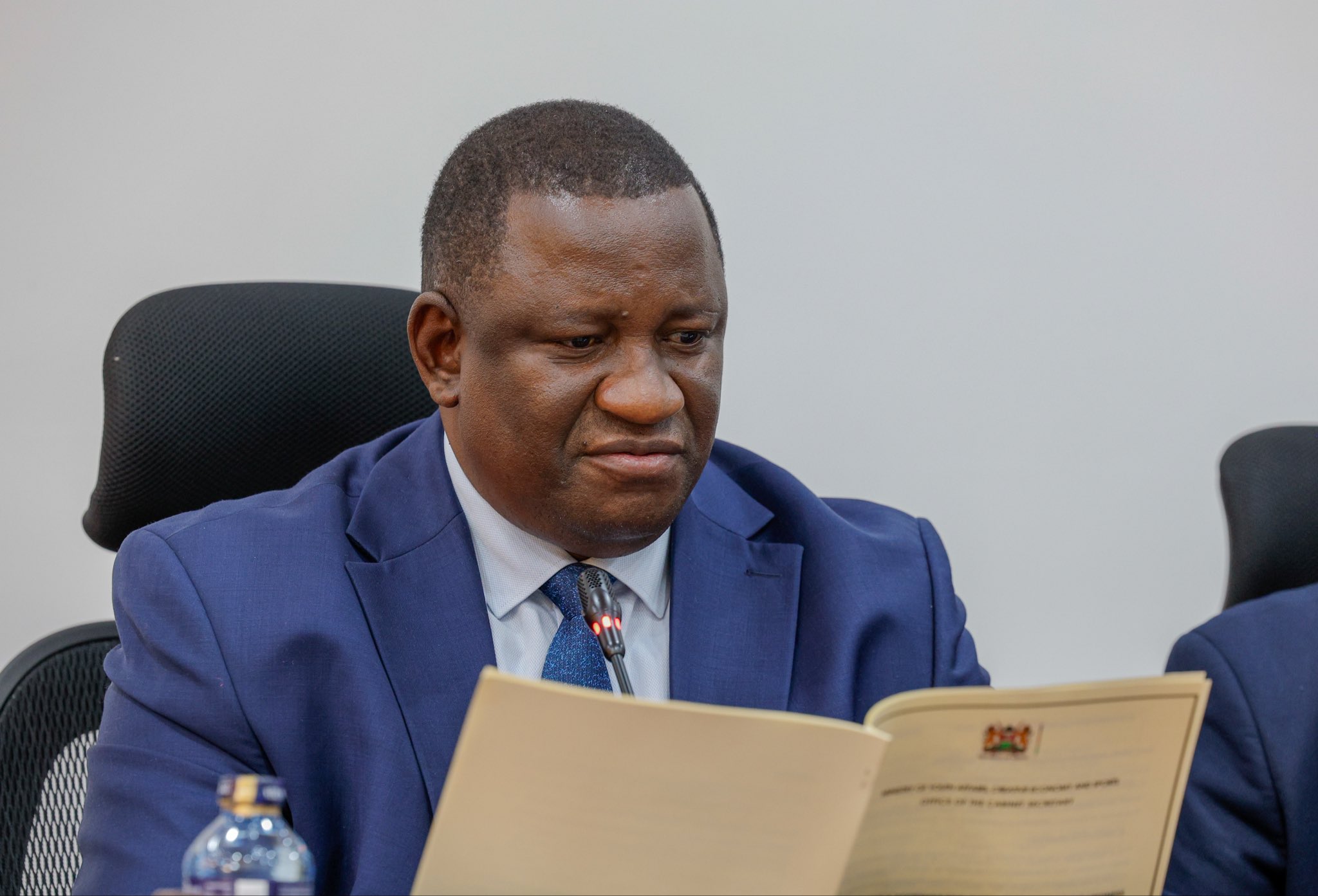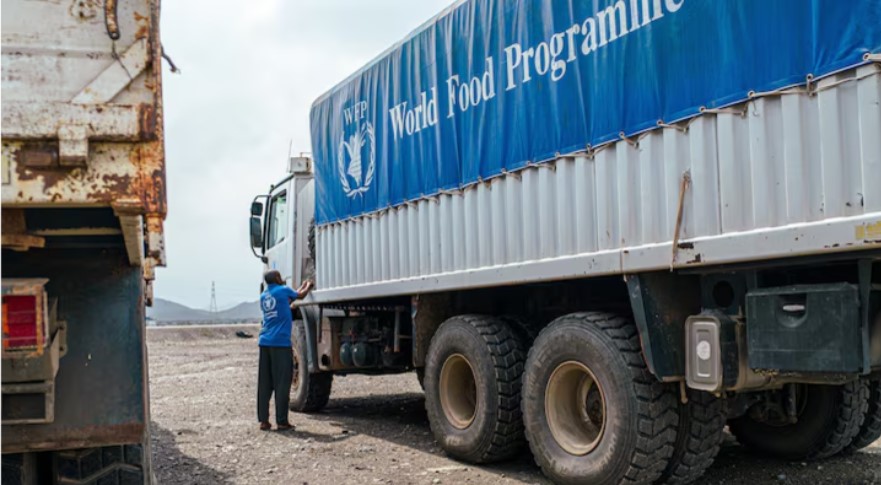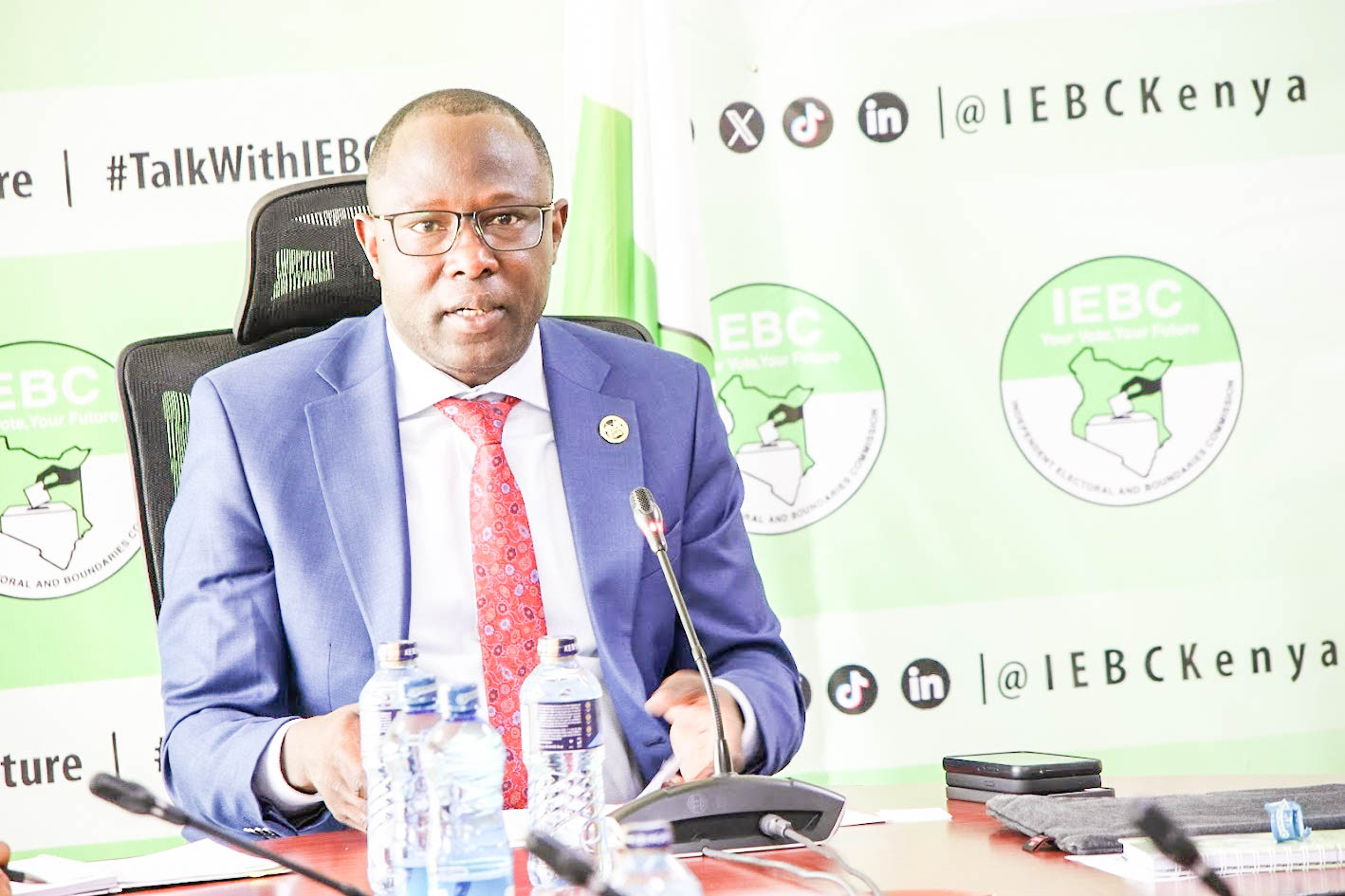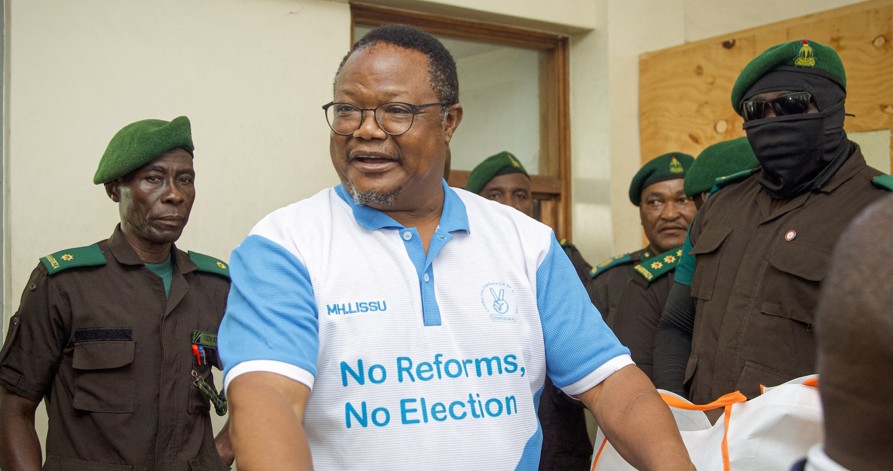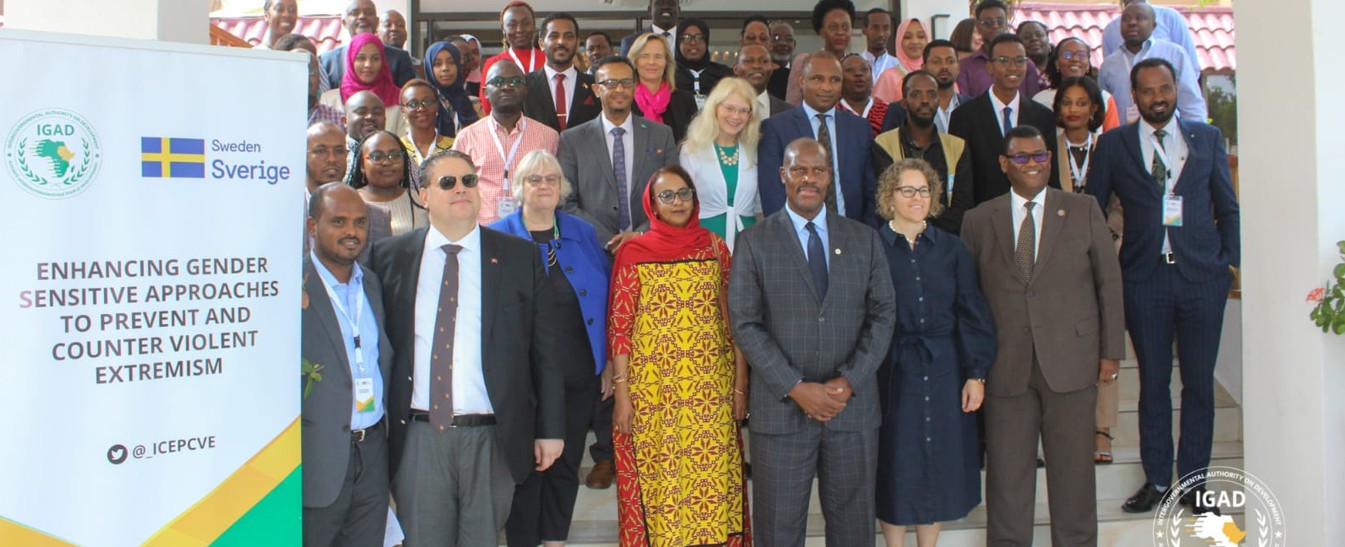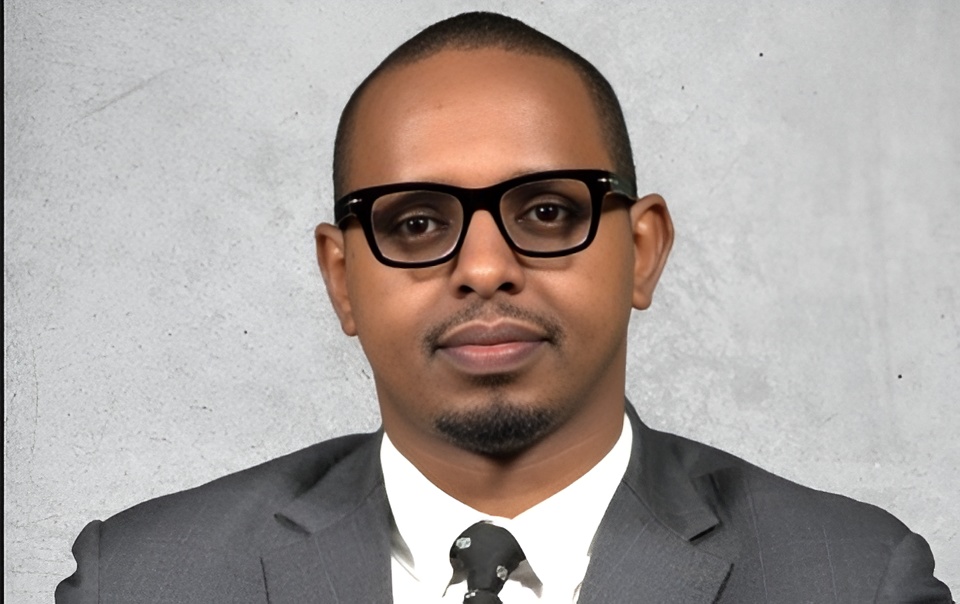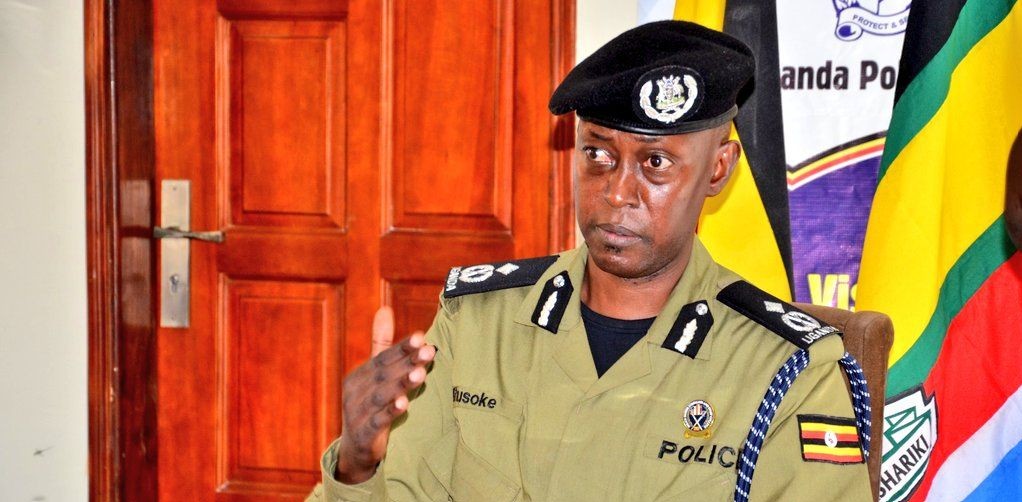14 million people at risk as USAID officially closes its doors after 64 years
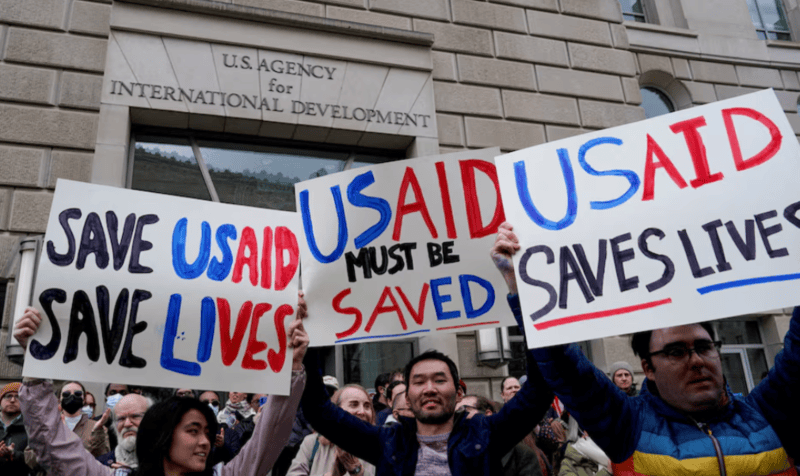
Kenya is among the countries already feeling the pinch, with gaps in funding for health, agriculture, and community development projects
The decision by the United States to permanently shut down USAID after 64 years has triggered concern across the globe, with experts warning that the move could lead to widespread suffering and millions of deaths, especially in developing countries that have long depended on American humanitarian support.
Secretary of State Marco Rubio announced that foreign assistance will now be managed through the State Department, based solely on alignment with US interests under the Trump administration.
More To Read
- US drops Sh1.3 million visa bond for Mali citizens, ending diplomatic standoff
- Explainer: All you need to know about US gov't shutdown and its global impact
- US to Ruto: Washington can’t fund Kenya-led Haiti security mission alone
- Kenya, US to run 4x400 relay rerun at Tokyo World Championships
- Kenya, US agree to initiate plans on new trade deal as AGOA winds down in September
- US offers Sh1.3 billion reward for information on ISIS-Somalia financial networks
The shift marks the official end of USAID, which had been the main channel for delivering aid to poor and developing countries, particularly in Africa and Asia.
The closure means the end of USAID-supported programmes that provided food, healthcare, and essential vaccines, especially in areas grappling with diseases such as HIV/AIDS and malaria.
In Sub-Saharan Africa, where the agency had concentrated much of its humanitarian work, the impact is already being felt, with critical programmes disrupted and families left without support.
Kenya is among the countries already feeling the pinch, with gaps in funding for health, agriculture, and community development projects.
The halt has also resulted in job losses as organizations struggle to keep their operations running without the crucial financial backing.
A report published in The Lancet paints a grim picture of what lies ahead. It estimates that the end of USAID aid will lead to 14 million deaths globally by 2030, including 4.5 million children under five.
The report highlights the importance of the now-defunct agency, noting that it helped prevent 91 million deaths over its lifetime, many of them linked to HIV/AIDS, malaria, and other neglected diseases.
Rubio defended the decision, saying the aid was no longer justified. “America has spent 165 billion dollars in Sub-Saharan Africa and 89 billion dollars in the Middle East and North Africa, yet these countries rarely back the US at the UN and often side with China,” he said.
He also accused NGOs of mismanaging funds, saying the misuse placed an unfair burden on American taxpayers and diverted resources away from intended beneficiaries.
As the world adjusts to the withdrawal of one of the largest sources of humanitarian aid, uncertainty looms over the fate of millions who had come to rely on life-saving support from USAID.
Top Stories Today
